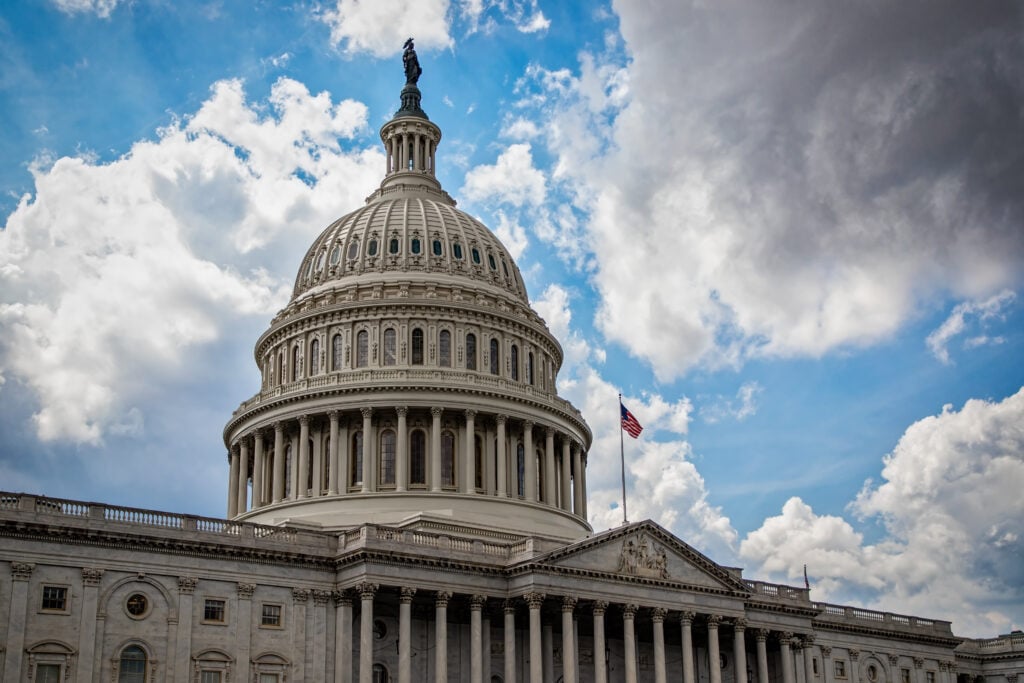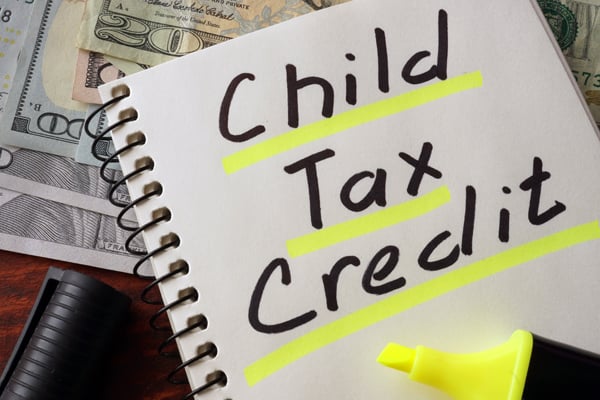
ITEP's Research Priorities
- 2025 tax debate
- Blog
- Cannabis Taxes
- Corporate Taxes
- Corporate Taxes
- Earned Income Tax Credit
- Education Tax Breaks
- Estate Tax
- Federal Policy
- Fines and Fees
- Georgia
- Immigration
- Income & Profits
- Income Taxes
- Inequality and the Economy
- ITEP Work in Action
- Local Income Taxes
- Local Policy
- Local Property Taxes
- Local Refundable Tax Credits
- Local Sales Taxes
- Maps
- Media Quotes
- News Releases
- OBBBA
- Other Revenues
- Personal Income Taxes
- Property & Wealth
- Property Taxes
- Property Taxes
- Publications
- Refundable Tax Credits
- Sales & Excise
- Sales, Gas and Excise Taxes
- Sales, Gas and Excise Taxes
- SALT Deduction
- Select Media Mentions
- Social Media
- Staff
- Staff Quotes
- State Corporate Taxes
- State Policy
- State Reports
- States
- Tax Analyses
- Tax Basics
- Tax Credits for Workers and Families
- Tax Credits for Workers and Families
- Tax Guide
- Tax Principles
- Tax Reform Options and Challenges
- Taxing Wealth and Income from Wealth
- Toolkits
- Trump Tax Policies
- Video
- Webinar
- Who Pays?
The Hill: Opinion: It’s Time for the Senate to Advance Cannabis Banking Reform
December 27, 2019
According to data compiled by the Institute on Taxation and Economic Policy, tax revenues from adult-use marijuana sales in 2018 topped over $1 billion. Also, 33 states regulate the retail sale of medicinal cannabis products and formulations to qualified patients. Read more
MSNBC: The Last Work: The Trump Tax Cuts & Corporations
December 26, 2019
A new report has data on how the Trump tax cuts helped many profitable big companies pay less in federal income taxes- and some pay none at all. Pulitzer Prize-winning tax reporter David Cay Johnston and John Harwood discuss with Ayman Mohyeldin. Watch
Public News Service: 91 Corporations Paid Zero Tax in First Year of New Code
December 26, 2019
LINCOLN, Neb. — During the first year of the Trump administration’s new tax law, 91 Fortune 500 companies didn’t pay a dime in federal income tax, according to a new study by the Institute on Taxation and Economic Policy… Roque says outside of a few one-time bonuses, wages for most workers have not gone up, and most companies […]
MSNBC: Two Years Later, the Republican Tax Plan Still Looks Like a Failure
December 23, 2019
Indeed, it was just a couple of weeks ago when the Institute on Taxation and Economic Policy released the results of a detailed study that found of the Fortune 500 companies, about 400 paid an average tax rate of about 11% – roughly half of the current rate of 21% – thanks to a series […]
The Hill: Conservative Commentator Rips Trump’s Signature Tax Overhaul: ‘It Was a Big Mistake’
December 23, 2019
Conservative commentator Johnny Burtka ripped President Trump’s 2017 tax law in light of a new report that found that some of the most profitable companies in the U.S. didn’t pay any taxes last year as a result of the legislation. Upon signing the bill into law, Trump hailed it as a major boon for the economy, adding […]
Bloomberg Law: Small Retailers Face More Marketplace Taxes This Holiday Season
December 23, 2019
Tax responsibilities tied to those sales will be noticeable this year: 28 states have added taxes on out-of-state sellers since last holiday season due to last year’s Wayfair decision, according to the Institute on Taxation and Economic Policy. Read more
Public News Service: Corporate Tax Avoidance Continues Under New Code
December 23, 2019
“These companies aren’t simply following the law; in many cases, they wrote the law,” Gardner said. “These corporate tax cuts were enacted because of a very aggressive lobbying strategy by the business community.” Read more / Listen here
The Hill: Two years in, Trump Tax Cuts Face Big Test with Reelection Bid
December 22, 2019
Several of the top Democratic presidential candidates this past week highlighted on Twitter and during Thursday’s debate a report from the left-leaning Institute on Taxation and Economic Policy that found that 91 profitable Fortune 500 companies didn’t pay federal income taxes on their 2018 U.S. income. Read more
Quartz: Two Years into Trump’s Tax Cut, the Results Are Not Promising
December 22, 2019
Despite what the Democrats claimed, most people did actually pay less tax. But the wealthy got a far bigger cut than the rest of society, according to various studies. Next year, the richest 20% of taxpayers will save more than double the amount of taxes than the remaining 80% of earners combined—and the top 1% […]
POLITICO: SALT as Spicy
December 20, 2019
Sen. Elizabeth Warren (D-Mass.) gave what seemed like a truncated stump speech in defense of her tax ideas, which center on the wealth tax, in response to a question about whether those proposals would drag down growth. The billionaire investor Tom Steyer noted his support of a wealth tax, too. The winner of the debate from the […]
Mayor Pete Buttigieg's proposal An Economic Agenda for American Families: Empowering Working and Middle Class Americans to Thrive would expand the Earned Income Tax Credit (EITC) as modeled by the Working Families Tax Relief Act.
Corporate Tax Avoidance Is Mostly Legal—and That’s the Problem
December 19, 2019 • By Steve Wamhoff

As usual, corporate spokespersons and their allies are trying to push back against ITEP’s latest study showing that many corporations pay little or nothing in federal income taxes. One way they respond is by stating that everything they do is perfectly legal. This is an attempt by the corporate world to change the subject. The entire point of ITEP’s study is that Congress has allowed corporations to avoid paying taxes, and that this must change.
Center for American Progress: The TCJA 2 Years Later: Corporations, Not Workers, Are the Big Winners
December 19, 2019
Researchers at the Institute on Taxation and Economic Policy (ITEP) surveyed corporate financial reports for the first year that the TCJA was in effect and recently published their findings. Examining 379 profitable Fortune 500 companies, they found that the companies paid an average effective tax rate of just 11.3 percent on their U.S. income in 2018—slightly more than […]
Washington Post: The Finance 202: Conservative Economists Say Trump’s Promises About His Tax Cuts Did Not Come True
December 19, 2019
A new report by the left-leaning Institute on Taxation and Economic Policy found 91 corporations in the Fortune 500 paid no federal taxes last year. And about 400 of the largest firms paid an average tax rate of 11 percent, half the burden prescribed by the tax law. Read more
SegmentNext: Activision Taxes Were $0 In 2018, Gamers Paid $228 Million Instead
December 19, 2019
According to ITEP, some of the other companies that are avoiding income tax include Amazon, the energy company Chevron, Delta Airlines, General Motors, and many others. Activision is just one out of a list of 60 overall companies that are doing it. Read more
WTSP: Impeachment 101: Answering Your Questions on the Impeachment Process
December 19, 2019
QUESTION: How much money is the impeachment process costing taxpayers? ANSWER: We don’t know. There have been a handful of efforts to try and calculate the cost to taxpayers, but it’s complicated when looking at staff hours spent on impeachment because staff would have been paid their salaries regardless. “I don’t know of anyone who […]
Roll Call: House Passes Restored ‘SALT’ Deduction Bill
December 19, 2019
It’s not just the White House and Republicans who were critical of the bill. Left-leaning groups including the Center for American Progress, Center on Budget and Policy Priorities and Institute on Taxation and Economic Policy have all panned the measure as tilted to the rich and a waste of an offset that could be used to […]
Forbes: The Incredible Shrinking Corporate Tax Rate Continues to Hit New Lows for These Business Giants
December 19, 2019
Remember how the Tax Cuts and Jobs Act of 2017 lowered the corporate tax rate from 35% to 21% but was going to eliminate loopholes and workarounds to avoid being one giant giveaway to large companies? Well, about that—a funny thing happened on the way to the U.S. Treasury. The biggest corporations enjoyed an average effective tax rate […]
Washington Post: House Narrowly Passes Bill That Would Restore SALT Tax Benefits to Higher-income Americans
December 19, 2019
“This mostly benefits rich people,” Steve Wamhoff, a tax analyst at the Institute on Taxation and Economic Policy (ITEP), a left-leaning think tank, said of repealing the SALT cap. “There’s a disconnect here: Many Democrats understand we have to raise more money to make the tax code more progressive,” Wamhoff said. “But this proposal, taken […]
Denton Daily: Amazon Will Pay $0 in Federal Taxes This Year — and It’s Partially Thanks to Trump
December 18, 2019
One reason for Amazon‘s nonexistent federal tax bill is the Tax Cuts and Jobs Act that Congress enacted in 2017, which lowered the statutory corporate tax rate from 35 percent to 21 percent. In addition to the lower tax rates for corporations, the new tax law also “failed to … close a slew of tax […]
Environmental Working Group: Duke Energy Paid Less Than Zero in Federal Taxes
December 18, 2019
In a new report on the impact of President Trump’s tax cuts, the Institute on Taxation and Economic Policy, or ITEP, said Duke Energy’s effective federal tax rate in 2018 was minus 21.4 percent on more than $3 billion in revenue. In effect, U.S. taxpayers paid $647 million to the North Carolina-based utility, which serves 7.7 million customers in […]
NJ Biz: Four NJ Companies Paid $0 in 2018 Corporate Taxes, ITEP Report Finds
December 18, 2019
This week, the Institute on Taxation and Economic Policy released a report examining 2018 financial filings for 379 profitable Fortune 500 companies that year – the first full year since President Donald Trump’s signing of the Tax Cuts and Jobs Act in 2017. The “Corporate Tax Avoidance in the First Year of the Trump Tax Law” […]
CBS News: Hundreds of Companies Saw Tax Rate Plunge to 11.3% under Trump Tax Reform
December 18, 2019
The study, from the progressive Institute on Taxation and Economic Policy, reviewed financial filings for Fortune 500 companies, finding 379 corporations that reported profits in 2018 and that also provided enough data to calculate their “effective” tax rates, meaning after deductions are factored in. Last year was the first full year that the new tax […]
Common Dreams: New Report Details How Trump Tax Scam ‘Delivered Big Benefits to the Rich and Corporations But Nearly None for Working Families’
December 18, 2019
Still Terrible at Two was published just a day after the Institute on Taxation and Economic Policy released a new report which found that more than 90 U.S. corporations on the Fortune 500 list effectively did not pay any federal income taxes last year. As Common Dreams reported Monday, Matthew Gardner, a senior fellow at ITEP and the report’s […]
For the Holiday Wishlist: Child Tax Credit Improvements That Would Lift Millions Out of Poverty
December 18, 2019 • By Aidan Davis

A recent New York Times article serves as a stark reminder that child poverty remains a persistent problem in this country and that the policies we have in place to help this vulnerable population need immediate attention and improvement.
